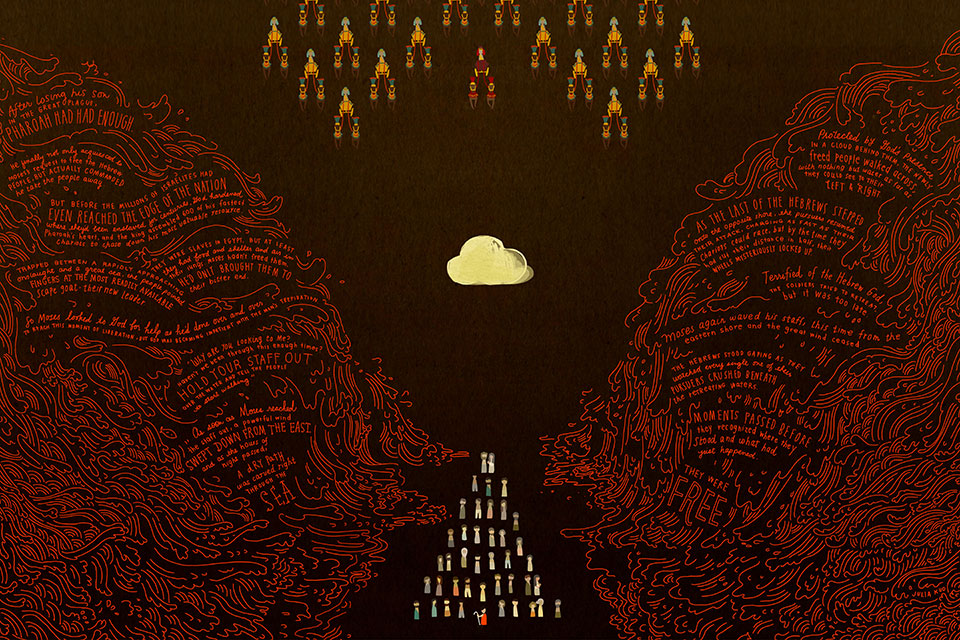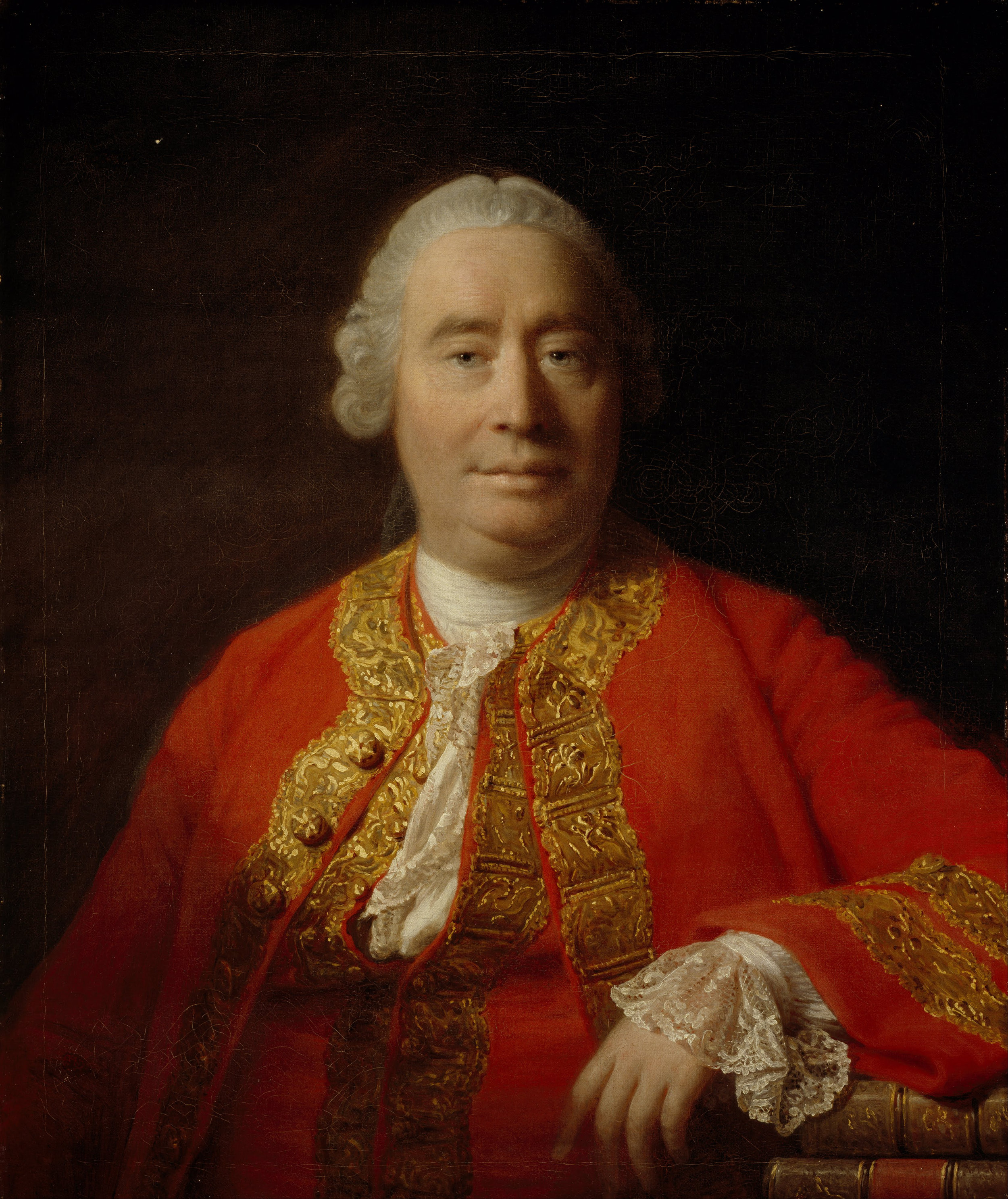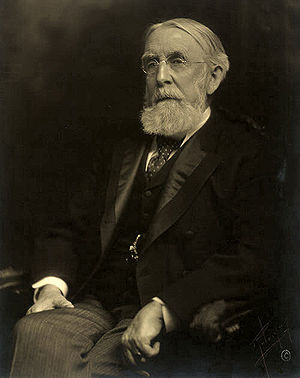Did the Resurrection actually happen? The Apostle Paul, writing in sometime in the 50's A.D., had this to say: "If Christ has not been raised, our preaching is useless and so is your faith" (1 Corinthians 15:14). In other words, Christianity rises and falls with the Resurrection of Jesus. But, the issue for many modern people is that though the Resurrection seems like a nice story, we know that dead people stay dead and that it couldn't possibly have happened. So, did the Resurrection happen, or not? I think it did, and here are three reasons why.
(By the Way: It Wasn't a Spiritual or Emotional Resurrection)
As a way around the difficulty of the Resurrection, some people say that what the Gospels report is some kind of spiritual or emotional sense that Jesus was still with his disciples after his death. This view does not at all match what the Gospels themselves say, namely that after the Resurrection:
The Gospels are very clear: the Resurrection was a bodily resurrection, and not a vague spiritual sense that Jesus was still alive.So, what reasons do we have to believe that the Resurrection happened?
Reason 1: The Women Witnesses
All the canonical Gospels agree that the first witnesses to the empty tomb and the Resurrection of Jesus were women. In our world, that detail doesn't surprise us, but in the ancient world this would have been a shocking detail because women weren't considered reliable witnesses in the ancient world.If you were making up a resurrection hoax in the 1st century Mediterranean world, you would never say that women were the first witnesses of your story. So, why do all the gospels insist that women were the first witnesses?The simplest reason for the inclusion of the women witnesses: because the Gospels are merely reporting what actually happened. The inconvenient truth of the women witnesses is a detail that argues for the plausibility of the Resurrection.
Reason 2: The Deaths of All Involved
Many people have died for lies that they believed were true, but groups of people do not die for what they know is a lie.Virtually all the disciples of Jesus were martyred for their faith in him. If they were making up the Resurrection, then they would have recanted their stories at the point of death. But they didn't. Chuck Colson, one of the Nixon men involved in the Watergate break-in, had this to say:
Chuck Colson, one of the Nixon men involved in the Watergate break-in, had this to say:
I know the resurrection is a fact, and Watergate proved it to me. How? Because 12 men testified they had seen Jesus raised from the dead, then they proclaimed that truth for 40 years, never once denying it. Every one was beaten, tortured, stoned and put in prison. They would not have endured that if it weren't true. Watergate embroiled 12 of the most powerful men in the world-and they couldn't keep a lie for three weeks. You're telling me 12 apostles could keep a lie for 40 years? Absolutely impossible.
Chuck Colson
The martyrdom of the early Christians is a strong argument in favor of the truth of their claims.
Reason 3: It Was Testimony, Not Legend
Modern people will say that the Resurrection is a legend, a folktale that took shape over generations and that consequently grew in the telling, like George Washington and the Cherry Tree.The problem with this theory is that it doesn't fit the facts: the letters of Paul began to be circulated around 20 years after the death of Jesus, the Gospel of Mark within 40 years, and the Gospels of Matthew, Luke, and John within 60 years (at the latest). In other words, Christians were publicly talking about the Resurrection within the lifetime of its witnesses. Anyone who wanted to investigate the truth of the Resurrection merely had to talk to its witnesses.A legend takes generations to develop, but the Gospels (and other New Testament materials) were written down and circulated within a generation or two of the events of that first Easter Sunday, i.e., way too soon a time for a legend to develop.Rather than being a legend, the Resurrection was testimony. Testimony is a valid form of historical memory. People who experienced the events say, "I was there. I saw it." January was the 70th anniversary of the liberation of Auschwitz, and there are thousands of people who lived through the Nazi concentration camps who can still testify today to their experience, 70 years later. One of the reasons Holocaust deniers have a hard time gaining a hearing is because there are people who can point to their blue tattoos and say, "No, it did happen: I was there."
Testimony is a valid form of historical memory. People who experienced the events say, "I was there. I saw it." January was the 70th anniversary of the liberation of Auschwitz, and there are thousands of people who lived through the Nazi concentration camps who can still testify today to their experience, 70 years later. One of the reasons Holocaust deniers have a hard time gaining a hearing is because there are people who can point to their blue tattoos and say, "No, it did happen: I was there." Just as the remaining Holocaust survivors' testimony is available to anyone wanting to investigate the Holocaust today, so the Resurrection witnesses' testimony was available to anyone wanting to investigate the Resurrection at the time that the New Testament was taking shape.
Just as the remaining Holocaust survivors' testimony is available to anyone wanting to investigate the Holocaust today, so the Resurrection witnesses' testimony was available to anyone wanting to investigate the Resurrection at the time that the New Testament was taking shape.
Conclusion: the Resurrection is Plausible
The Resurrection cannot be proved in a laboratory. But, we can examine the facts and decide that it is more plausible that the Resurrection happened than that it did not happen.Now, some people will accept the above and yet still insist: "We know that dead people stay dead, and therefore the Resurrection could not have happened." The problem with that position is that history is full of events that seemed impossible and that actually happened. I admit that the Resurrection is unique as an historical event, but that doesn't mean that it is necessarily impossible. In any historical inquiry, we have to look at the evidence and see where it takes us. In this case, I believe the evidence argues in favor of the Resurrection.The reason discussions like this are important are not because they can bring anyone across the threshold of faith (only God can do that), but because I've found that some people won't even approach the door of faith if they believe that the claims of the faith cannot possibly be true; arguments can't cause someone to believe, but they can knock down bad reasons for not believing.Here's hoping this little post might help someone somewhere come a bit closer.








![Emmanuel AME Zion Church member Kevin Polite helps members into the church for the service on 6/21/15 [David Goldman/Getty Images].](http://static1.squarespace.com/static/5d70f59aefca59000162e4e6/5d7fcef39f682762992c8aca/5d7fcf069f682762992c8d08/1568657158071/150621123102-02-charleston-church-service-0621-super-169.jpg?format=original)











